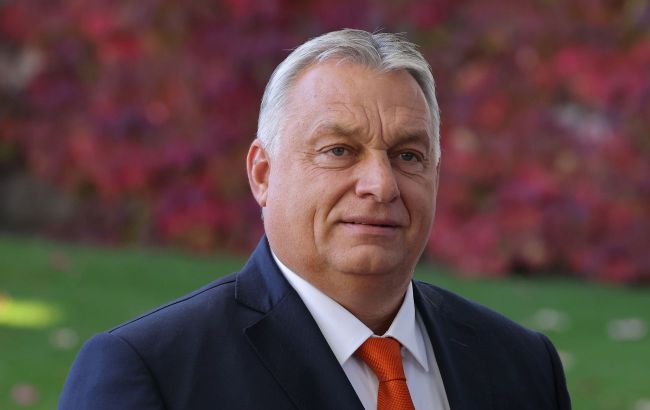After Orbán: EU set to reintroduce new sanctions on Russia starting January 2025
 Hungarian Prime Minister Viktor Orbán (Getty Images)
Hungarian Prime Minister Viktor Orbán (Getty Images)
The European Union is set to resume discussions on sanctions against Russia in January 2025, after Hungary hands over its presidency to Poland, according to Politico.
Hungary, being Moscow's closest ally in the EU, has used its influence to stall discussions on sanctions. However, Poland, known as a leading supporter of Ukraine, plans to take a tougher stance.
Poland's Climate Minister Krzysztof Bolesta has already emphasized the need to address the issue of increasing imports of Russian energy resources, despite existing restrictions. The EU previously imposed sanctions on Russian oil supplies and reduced gas purchases, but loopholes remain that Moscow continues to exploit.
Poland intends to use its presidency to strengthen sanctions, particularly regarding Russian fuel. Experts note that Poland's presidency presents a good opportunity to review and enhance the sanctions strategy, which is crucial given the ongoing conflict and the approaching winter.
Discussions are also expected to address the transparency of Russian gas and oil supplies to Europe, in order to prevent evasion of sanctions, such as the oil price cap, which has proven to be insufficiently effective.
Criticism of Orbán
Hungarian Prime Minister Viktor Orbán has long faced criticism from EU leaders for his pro-Russian stance, anti-Western rhetoric, and blocking of EU aid to Ukraine.
Poland's Ministry of Foreign Affairs even suggested that Orbán leave the EU and NATO and form an alliance with Russian dictator Vladimir Putin.
During the summer, the European Union decided to move meetings of foreign and defense ministers from Budapest to Brussels due to Orbán's policies and his "peace tour".
During a visit to Kyiv, he urged Ukrainian President Volodymyr Zelenskyy to stop resisting Russia, lay down arms, and initiate peace talks. Orbán then traveled to Moscow to meet with Putin.

